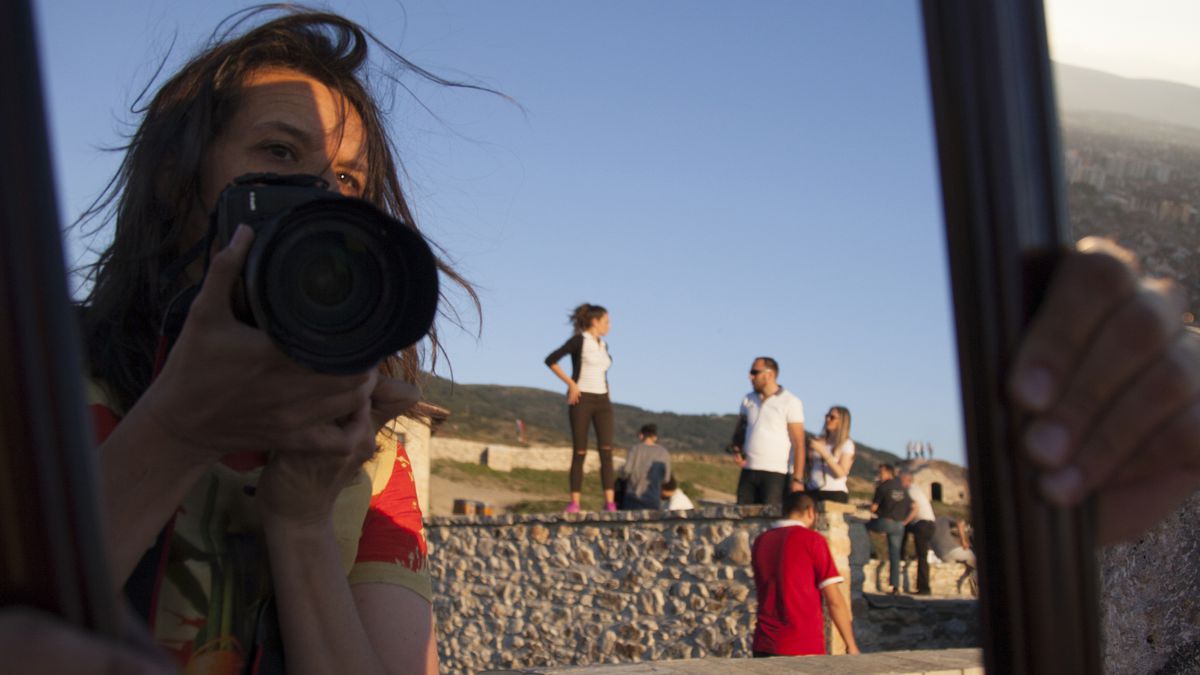In its opening title card, Kirsten Johnson describes her acclaimed documentary Cameraperson as a memoir of her 25 years of filmmaking. Of course, any individual film is itself a memoir of sorts, preserving moments in time when subjects collided and collaborated and performed; it’s the nature of the medium. Johnson’s clever and moving approach is to address this head-on through formal technique, to frame the fragments of an individual story through the collective in which that story is situated. It’s a personal history told almost entirely through the images of others, and it accumulates enormous grace over the course of its running time.
The images themselves all come from unused material from films Johnson has shot, implying, without putting too fine a point on it, that there is value in the cast-off and discarded. Not just value: perhaps, once strung together, those are the moments that we return to when trying to assemble meaning.
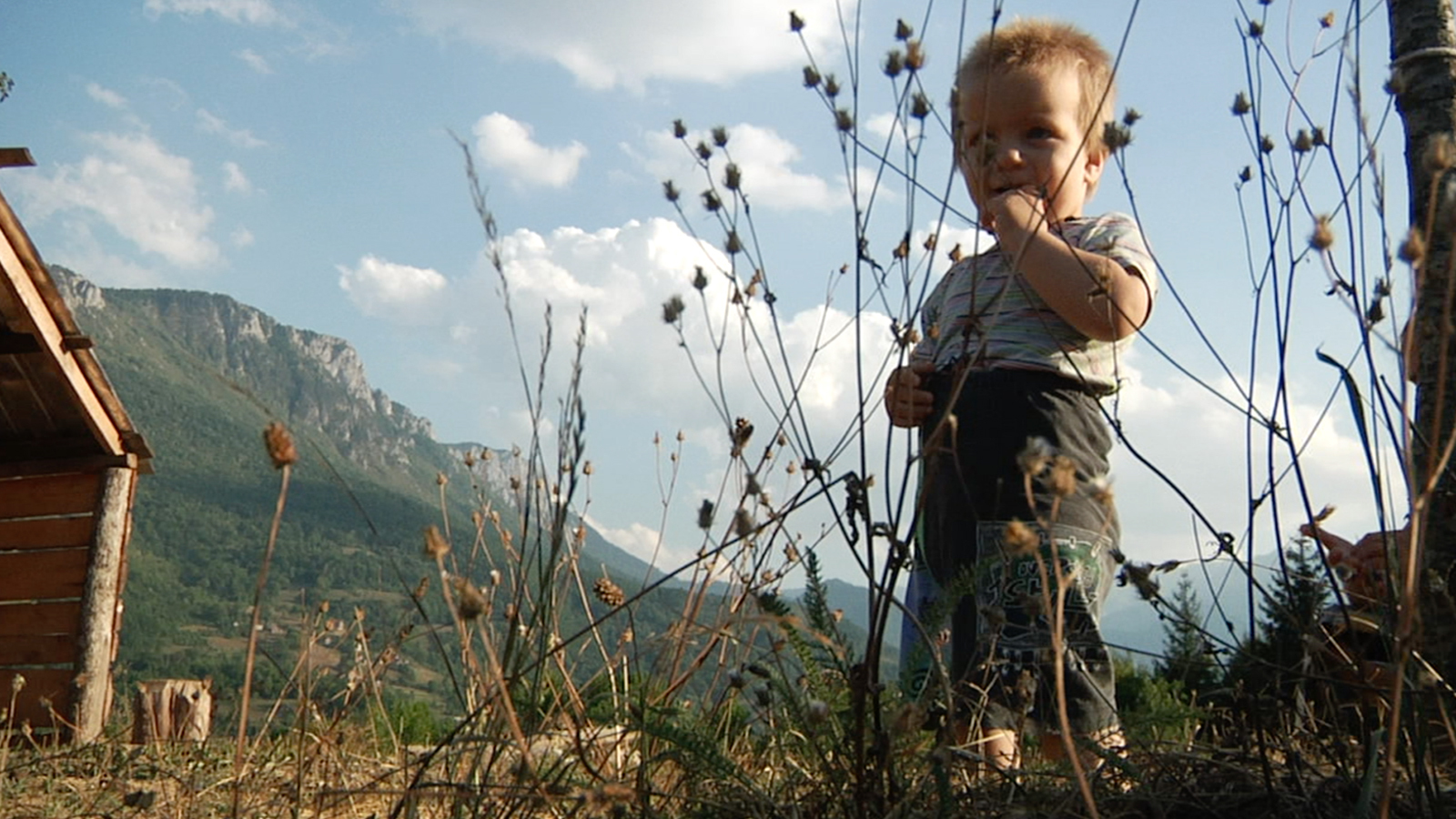
Cameraperson makes few attempts to force that meaning. Transitions are perfunctory, new locales and eras indicated only by time-stamp or basic overlaid identifying text. Here we are in rural Bosnia, in a rec center full of ping-pong tables that was once the site of mass rape, or drinking blueberry tea in the mountains. Here we are outside a detention center in Yemen, with Nigerian midwives in a proud but ramshackle hospital, talking with Jacques Derrida as he moves briskly across a busy city street. Sections emerge and recede, sometimes returning with larger or smaller degrees of emphasis; Johnson’s mother, suffering from Alzheimer’s, makes several appearances, struggling to remember the details of the past.
Cameraperson has been described as a “montage of horror”, but that’s not quite right. For one thing, montage implies an Eisensteinian attempt at synthesis, and Johnson is much more interested in the images themselves than their resolution into a moralizing whole. “Collage” would almost certainly be the better term.
Nor is Cameraperson solely invested in horror, despite the grimness of some of its depictions. (Johnson’s work has taken her, 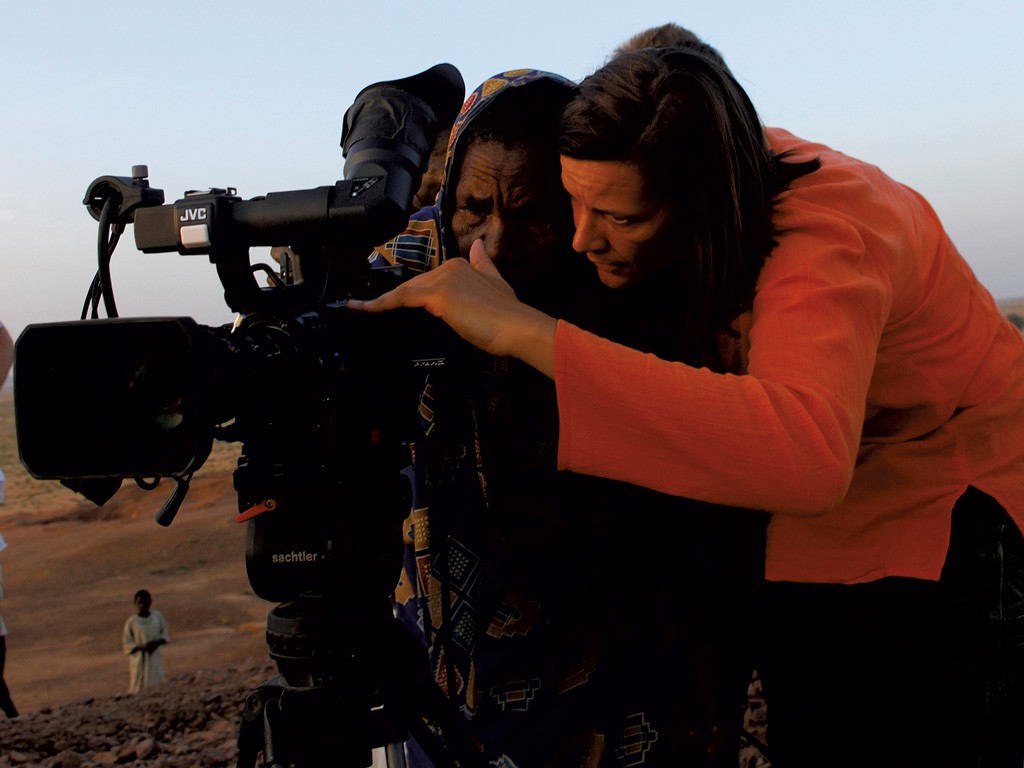 for reasons familiar to anyone watching documentaries, to some grim places.) One sequence captures stills of sites of atrocity she has visited for her work, but it’s not atrocity that we witness. As in Night and Fog, we are invited instead to consider the normalcy, the mundanity, even the beauty of these locations, and certainly the resilience of the world. Such sequences butt up against depictions of family, children goofing around, joyous dancing. Johnson, as the cameraperson, tries only to get out of their way.
for reasons familiar to anyone watching documentaries, to some grim places.) One sequence captures stills of sites of atrocity she has visited for her work, but it’s not atrocity that we witness. As in Night and Fog, we are invited instead to consider the normalcy, the mundanity, even the beauty of these locations, and certainly the resilience of the world. Such sequences butt up against depictions of family, children goofing around, joyous dancing. Johnson, as the cameraperson, tries only to get out of their way.
The irony, of course, is that the camera is itself always and forever an intrusion, a mediation. Other sequences emphasize the staginess of the set-up, the care in framing, trying to get it right — in a sense, trying to make sure the world she’s seeing registers, which is a way, Heisenberg Uncertainty Principle-like, of changing the world observed. Cameraperson is not merely unafraid of but invested in this contradiction, which is just one of many Johnson emphasizes.
In the end, Cameraperson is elusive and honest, full of gorgeous images and big ideas conveyed with minimum didacticism. Lovely, haunted, frightening, and truthful at least to its ambitions, it’s a filmic memoir about the world, the camera, and subjectivity itself.
Quick Links
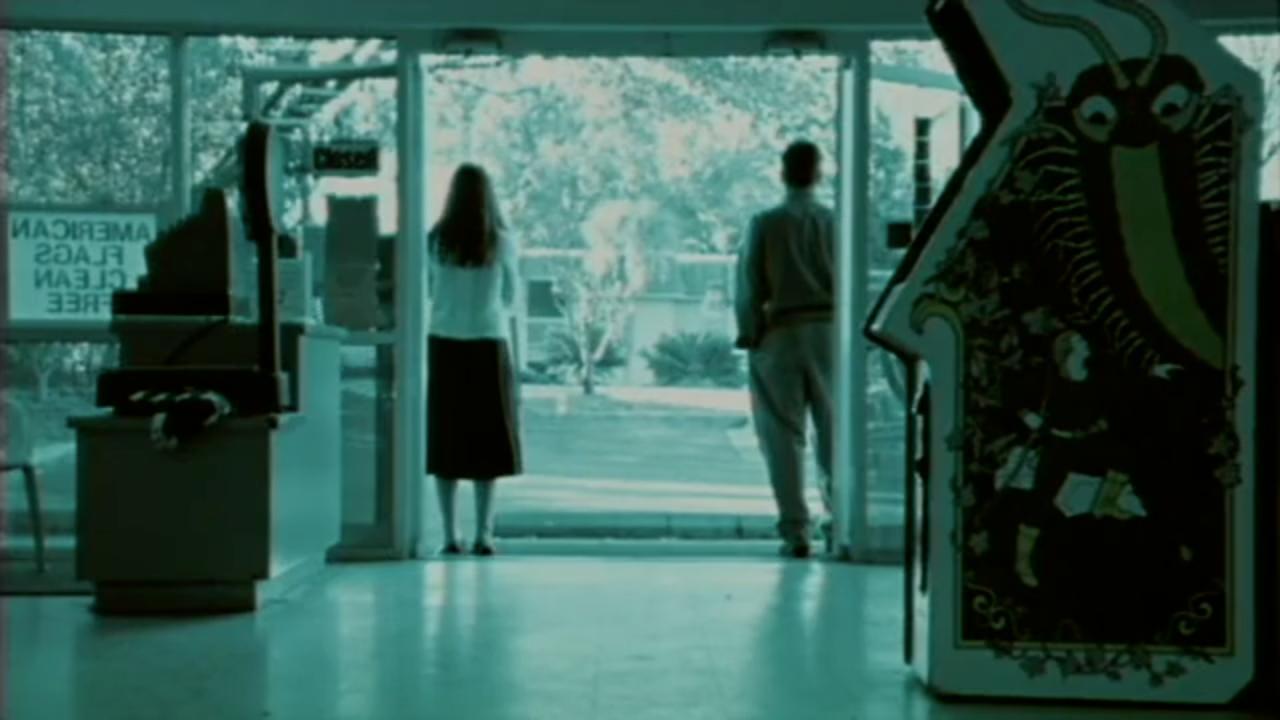
Fans of Moonlight will want to check out director Barry Jenkins’ debut short.
My Josephine was a student film, and it’s not hard to recognize this, but on the other hand there are flashes of poetic loveliness sprinkled throughout. Telling the oblique story of two lonely, immigrant folks working at a laundromat, one in love with the other, who wash American flags for free, it’s a quiet depiction of post-9/11 unease and much more timeless desire.
Jenkins busts out some formal experimentation that isn’t really needed, but longtime collaborator James Laxton shoots its eight minutes in washed-out tones suggesting distance, alienation, and hesitance. This isn’t a masterpiece, but it’s an interesting prelude to a career that’s now truly taking off.
(Streaming on Le Cinema Club through 2/11 and on Vimeo)
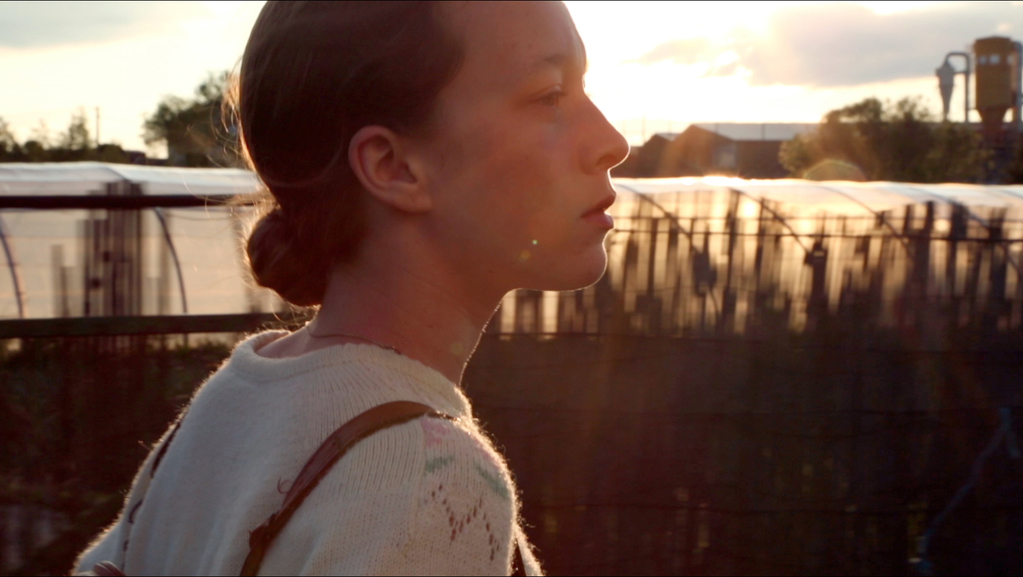
Director Clémence Demesme cites Bill Viola and Alejandro Jodorowsky as influences, but the impressionism on display in her 2015 short seems to have as much in common with Sophia Coppola or other impressionist chroniclers of adolescent (and post-adolescent) inner turmoil.
Flesh and Volcanoes is a coming-of-age story, marked by an absent mother, a laid-off dad, what seems to be a crush on a substitute teacher, and a mission to procure a bunch of animal hearts from a butcher shop for dissection in class. Interspersed are moments of tenderness as our protagonist Laura navigates her small village and imagines the world outside of it. It’s an assured statement from a director to watch.
(Streaming on My French Film Festival through 2/13)
Michael Bolton’s Big, Sexy Valentine’s Day Special

If the words “Lonely Island,” “Comedy Bang Bang,” and “Michael Bolton” don’t do anything for you, consider skipping this.
However, if you like the sound of those things together — meaning, also, absurdity, meta-send-ups, and offhand references to my favorite movie, The Santa Clause — then you probably can already envision what you’re in for.
Bolton’s unlikely late-career resurgence is not just attributable to Andy Samberg and crew; he’s legitimately funny and so game to spoof himself that this business can’t really fail, even if only half the jokes land. (Personally, I’ll be incorporating, “Wait … I’m your son? What the fuck is going on?” into my repertoire for some time.)
Meanwhile, all the regulars are in attendance, plus Maya Rudolph, Brooke Shields, Sinbad, Andy Richter, and Janeane Garofalo, and we get a soulful rendition of “Capt. Jack Sparrow”. Sold.
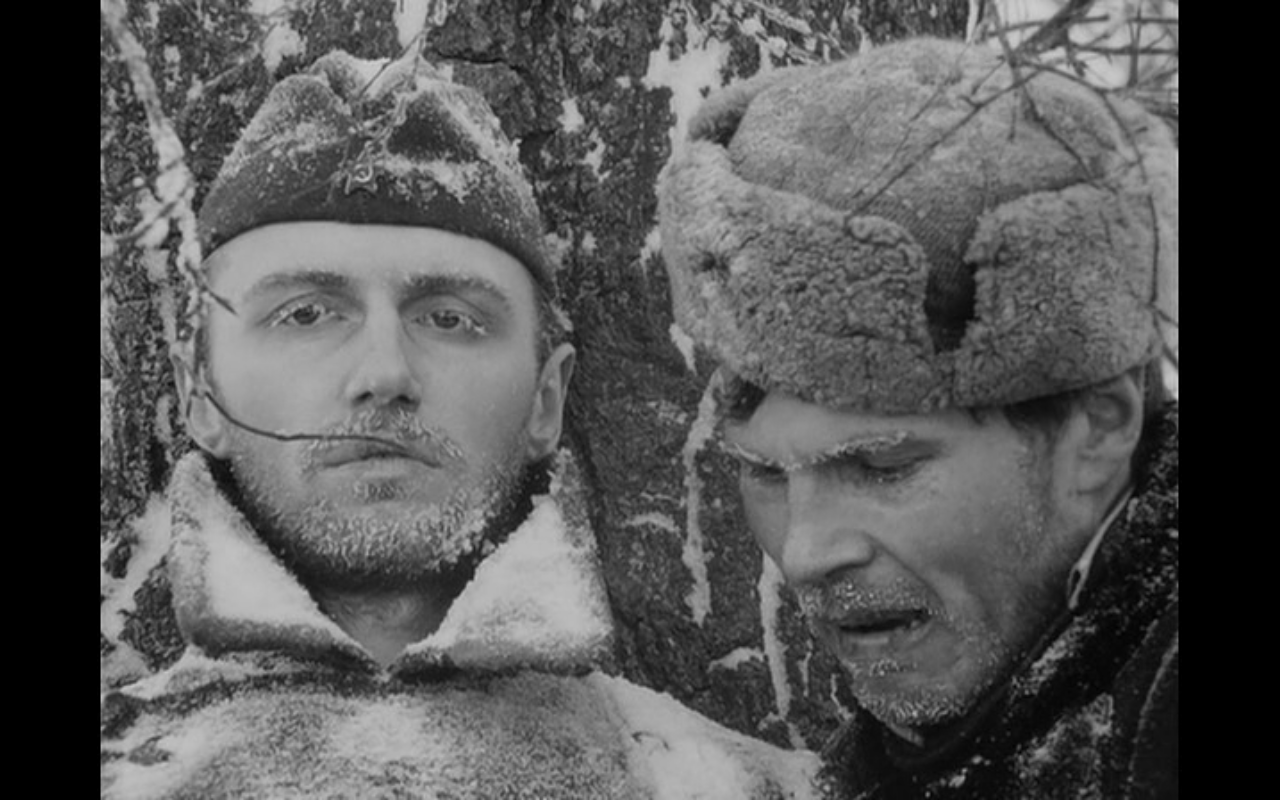
Released just two years before her untimely death in a car crash, Larisa Shepitko’s epic of sin, guilt, authenticity, and grace is one of the most haunting WWII films you’re likely to see. (I’d argue it rivals her husband Elem Klimov’s Come and See for visceral impact, and fully earns its place on the Counter-Programming list.)
Set in a Belarussian outpost so full of snow and ice that it’s cold to watch, The Ascent focuses on two stranded militants fighting the Germans, each facing dilemmas of collaboration and resistance. Fighting the censors every step of the way, Shepitko delivered an uncompromising vision of sacrifice, merging religious, nationalist, and existentialist tropes in ways that let no one off the hook too easily. Everyone should watch it.

